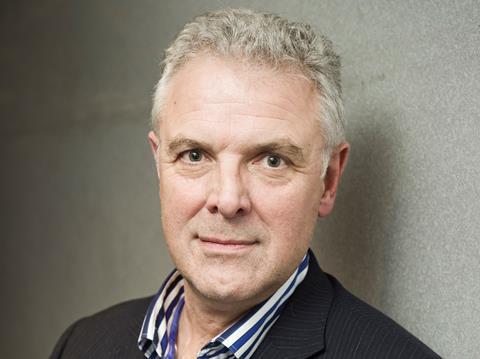
Kevin Vyse, head of technical at Rapid Action Packaging, a consumer packaging solutions provider to the evolving food industry, explores the implications of the coronavirus outbreak on the packaging industry.
It was going to happen. The world has been set for a major epidemic for some years and COVID-19 is a stress test for the provisions the world has made to deal with such an event. China, Italy and Iran have been the first major casualties but gradually we are seeing the larger side effects of a modern world’s connectivity.
The unacceptable truth about all this is the general ignorance around health and containment and we see the general population being stirred into a state of panic via the myriad of media formats they are now exposed to. Shelves are being emptied faster than a runaway delivery lorry and shortages are reported across the world, largely brought on by mass hysteria and lack of perspective. This has placed a strain on the Just-In-Time delivery mechanisms. In short, the system can’t cope with these events very well. They are reappraising packaging that gives long life to food products right now.
This reaction has been repeated time and again over the last few years, especially surrounding packaging and plastics. The poster child of world pollution, plastic, has been ousted in favour of so called ‘green’ materials but, in many cases, leading to formats which increase carbon footprints and work against circular economy principles, forgetting that plastic has been used in Just-In-Time supply systems for very good reasons. Until you have followed a product through the mechanics of a full supply chain you cannot fully appreciate just how hard a piece of packaging works.
Another major issue is that facts are being abandoned in favour of opinion when it comes to progress. It seems no longer a positive attribute to understand the facts before forming a response. Our current response to any crisis pays testament to the seminal work by Daniel Kahneman (psychologist and economist notable for his work on the psychology of judgement and decision-making, as well as behavioural economics) on System thinking and proves that we are not quick to learn the lessons but far too quick to form an opinion without facts.
I wonder whether we will therefore see, in the light of health concerns raised because of COVID-19, a return to protective packaging. Will we see a rejection of package-free aisles and a demand for better containment of products sold in the supermarkets? It will be interesting to see whether touching anything will be permissible and whether paper or card will be considered sufficient protection.
There was always a very good reason food producers used packaging and it correlated with minimising food waste and maximising efficiency in the food supply chain. No food producer wants to have to spend money on packaging unless they really have to but when it saves thousands of Euros of food waste it’s a necessary ingredient. Food waste should be a matter of great concern to everyone as it is by far and away the biggest contributor to carbon emissions. Hoarding is a hindrance as much will be wasted a consequence.
I think it is time the consumer was made aware of just what it takes to get food to them and how important a well thought through piece of packaging (designed to meet the Circular Economic model of reuse, recycle or compost) is to their everyday lives.













